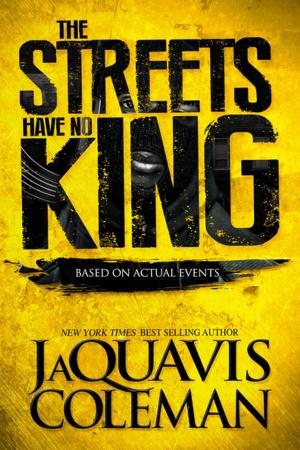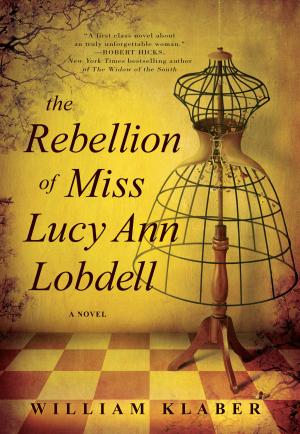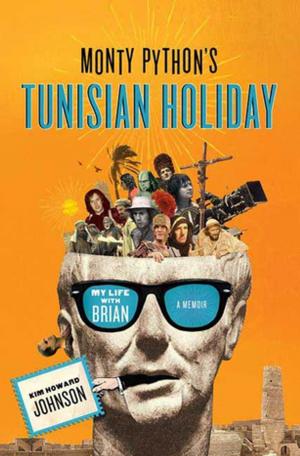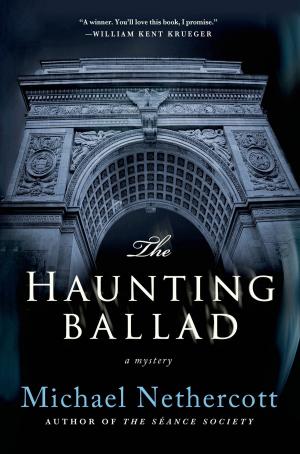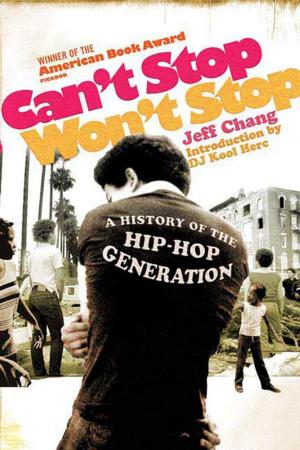I Love It When You Talk Retro
Hoochie Coochie, Double Whammy, Drop a Dime, and the Forgotten Origins of American Speech
Nonfiction, Reference & Language, Language Arts, Linguistics| Author: | Ralph Keyes | ISBN: | 9781429952477 |
| Publisher: | St. Martin's Press | Publication: | March 31, 2009 |
| Imprint: | St. Martin's Press | Language: | English |
| Author: | Ralph Keyes |
| ISBN: | 9781429952477 |
| Publisher: | St. Martin's Press |
| Publication: | March 31, 2009 |
| Imprint: | St. Martin's Press |
| Language: | English |
An entertaining and informative book about the fashion and fads of language
Today's 18-year-olds may not know who Mrs. Robinson is, where the term "stuck in a groove" comes from, why 1984 was a year unlike any other, how big a bread box is, how to get to Peyton Place, or what the term Watergate refers to. I Love It When You Talk Retro discusses these verbal fossils that remain embedded in our national conversation long after the topic they refer to has galloped off into the sunset. That could be a person (Mrs. Robinson), product (Edsel), past bestseller (Catch-22), radio or TV show (Gangbusters), comic strip (Alphonse and Gaston), or advertisement (Where's the beef?) long forgotten. Such retroterms are words or phrases in current use whose origins lie in our past. Ralph Keyes takes us on an illuminating and engaging tour through the phenomenon that is Retrotalk—a journey, oftentimes along the timelines of American history and the faultlines of culture, that will add to the word-lover's store of trivia and obscure references.
"The phrase "drinking the Kool-Aid" is a mystery to young people today, as is "45rpm." Even older folks don't know the origins of "raked over the coals" and "cut to the chase." Keyes (The Quote Verifier) uses his skill as a sleuth of sources to track what he calls "retrotalk": "a slippery slope of puzzling allusions to past phenomena." He surveys the origins of "verbal fossils" from commercials (Kodak moment), jurisprudence (Twinkie defense), movies (pod people), cartoons (Caspar Milquetoast) and literature (brave new world). Some pop permutations percolated over decades: Radio's Take It or Leave It spawned a catch phrase so popular the program was retitled The $64 Question and later returned as TV's The $64,000 Question. Keyes's own book Is There Life After High School? became both a Broadway musical and a catch phrase. Some entries are self-evident or have speculative origins, but Keyes's nonacademic style and probing research make this both an entertaining read and a valuable reference work." --Publishers Weekly
An entertaining and informative book about the fashion and fads of language
Today's 18-year-olds may not know who Mrs. Robinson is, where the term "stuck in a groove" comes from, why 1984 was a year unlike any other, how big a bread box is, how to get to Peyton Place, or what the term Watergate refers to. I Love It When You Talk Retro discusses these verbal fossils that remain embedded in our national conversation long after the topic they refer to has galloped off into the sunset. That could be a person (Mrs. Robinson), product (Edsel), past bestseller (Catch-22), radio or TV show (Gangbusters), comic strip (Alphonse and Gaston), or advertisement (Where's the beef?) long forgotten. Such retroterms are words or phrases in current use whose origins lie in our past. Ralph Keyes takes us on an illuminating and engaging tour through the phenomenon that is Retrotalk—a journey, oftentimes along the timelines of American history and the faultlines of culture, that will add to the word-lover's store of trivia and obscure references.
"The phrase "drinking the Kool-Aid" is a mystery to young people today, as is "45rpm." Even older folks don't know the origins of "raked over the coals" and "cut to the chase." Keyes (The Quote Verifier) uses his skill as a sleuth of sources to track what he calls "retrotalk": "a slippery slope of puzzling allusions to past phenomena." He surveys the origins of "verbal fossils" from commercials (Kodak moment), jurisprudence (Twinkie defense), movies (pod people), cartoons (Caspar Milquetoast) and literature (brave new world). Some pop permutations percolated over decades: Radio's Take It or Leave It spawned a catch phrase so popular the program was retitled The $64 Question and later returned as TV's The $64,000 Question. Keyes's own book Is There Life After High School? became both a Broadway musical and a catch phrase. Some entries are self-evident or have speculative origins, but Keyes's nonacademic style and probing research make this both an entertaining read and a valuable reference work." --Publishers Weekly






